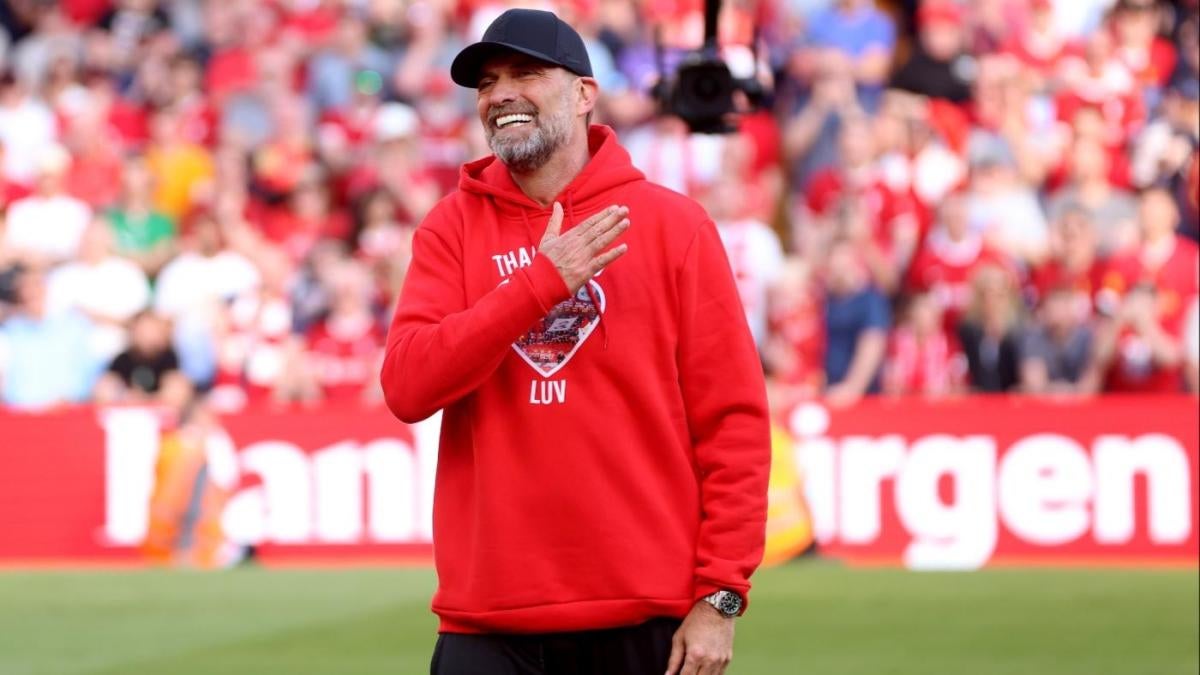Red Bull’s Soccer Empire: A Model of Talent Development and Controversy
Red Bull’s foray into soccer has transformed the landscape of the sport, creating a multi-club system that has garnered both admiration and skepticism. With a focus on talent development, the Austrian energy drink giant has established itself as a formidable player in European soccer and beyond. However, the company’s approach has often been criticized for lacking the traditional history and authenticity that many fans expect from European clubs, particularly in Germany.
The Flagship: RB Leipzig
At the forefront of Red Bull’s soccer ambitions is RB Leipzig, a club that has made significant strides in the Bundesliga since its inception. Established in 2009, Leipzig quickly ascended through the German football ranks, securing promotion to the top tier in 2016. The club has since claimed two consecutive DFB Pokal titles and has participated in European competitions for eight consecutive seasons. Their impressive performances in the UEFA Champions League and Europa League, including semifinal appearances, have solidified their status as a powerhouse in German soccer.
Red Bull Salzburg: The Pioneer
Red Bull Salzburg, the group’s first soccer venture, was established in 2005 and has dominated the Austrian Bundesliga ever since. The club has consistently showcased its talent on the European stage, although it has recently taken a backseat to Leipzig as the flagship of Red Bull’s soccer operations. Salzburg’s success has been built on a robust scouting network and a commitment to developing young talent, making it a vital component of Red Bull’s soccer strategy.
Expanding Horizons: New York Red Bulls and Beyond
In addition to its European ventures, Red Bull has made significant inroads into Major League Soccer (MLS) with the New York Red Bulls. The franchise has become a staple in American soccer, known for its competitive spirit and commitment to player development. Meanwhile, Red Bull Bragantino in Brazil has emerged as a rising force in South American soccer, further expanding the company’s global footprint.
The year 2024 has seen Red Bull intensifying its ambitions, with a minority stake in EFL Championship club Leeds United potentially paving the way for a future in the Premier League. Additionally, the acquisition of Japanese third-tier club Omiya Ardija signals a strategic move into Asian markets, highlighting Red Bull’s commitment to global expansion.
A New Era with Jurgen Klopp
One of the most significant developments in Red Bull’s soccer narrative is the recent signing of Jurgen Klopp as head of global soccer, effective from 2025. Klopp, renowned for his success with Liverpool, expressed his enthusiasm for the role, emphasizing his desire to develop and support the talent within the Red Bull network. His vision includes leveraging the expertise of Red Bull while learning from other sports and industries to maximize the potential of the clubs under the Red Bull umbrella.
Klopp’s appointment is not just a symbolic gesture; it represents a monumental shift in Red Bull’s soccer strategy. His experience in nurturing talent on a budget aligns perfectly with Red Bull’s philosophy, making him an ideal fit for the role. The combination of Klopp’s leadership and Red Bull’s extensive resources could lead to unprecedented success across its clubs.
The Coaching Pipeline: A Legacy of Development
Red Bull’s soccer empire has established a reputation as a pipeline for both coaching and playing talent. The connection between Salzburg and Leipzig, expertly curated by Ralf Rangnick, has become a model for player development. This network has also served as a launching pad for coaches like Jesse Marsch, who transitioned from managing the New York Red Bulls to coaching at Salzburg and Leipzig.
The potential for collaboration among various talent pools—German, Austrian, American, Brazilian, English, Japanese, and French—creates a unique environment for growth and innovation. Klopp’s leadership could further enhance this dynamic, fostering an ecosystem where talent thrives and opportunities abound.
Navigating Controversy: The Legitimacy Debate
Despite its successes, Red Bull’s ownership model has faced scrutiny, particularly in Germany. The legitimacy of clubs like RB Leipzig has been questioned, with critics arguing that their rapid rise is a product of financial backing rather than traditional club values. This debate mirrors the story of TSG 1899 Hoffenheim, another club that experienced a meteoric ascent thanks to a wealthy benefactor.
Klopp’s decision to join Red Bull may signal a shift in perception regarding the company’s role in soccer. His involvement suggests that Red Bull’s legitimacy is no longer a matter of debate; it has been earned through consistent performance on the field. The energy drink giant has refined its multi-club structure over the years, positioning itself as a leading force in the sport.
The Future of Red Bull Soccer
As Red Bull continues to expand its soccer empire, the potential for growth and innovation is immense. With Klopp at the helm of global soccer operations, the organization is poised to enter a new era of development and success. The combination of strategic acquisitions, a commitment to talent development, and a visionary leader could redefine the landscape of soccer in the coming years.
In a world where traditional values often clash with modern business practices, Red Bull’s approach to soccer remains a topic of discussion. However, the undeniable impact of its multi-club system and the talent it nurtures cannot be overlooked. As the soccer world watches closely, Red Bull’s journey is far from over, and the excitement surrounding its future is palpable.
